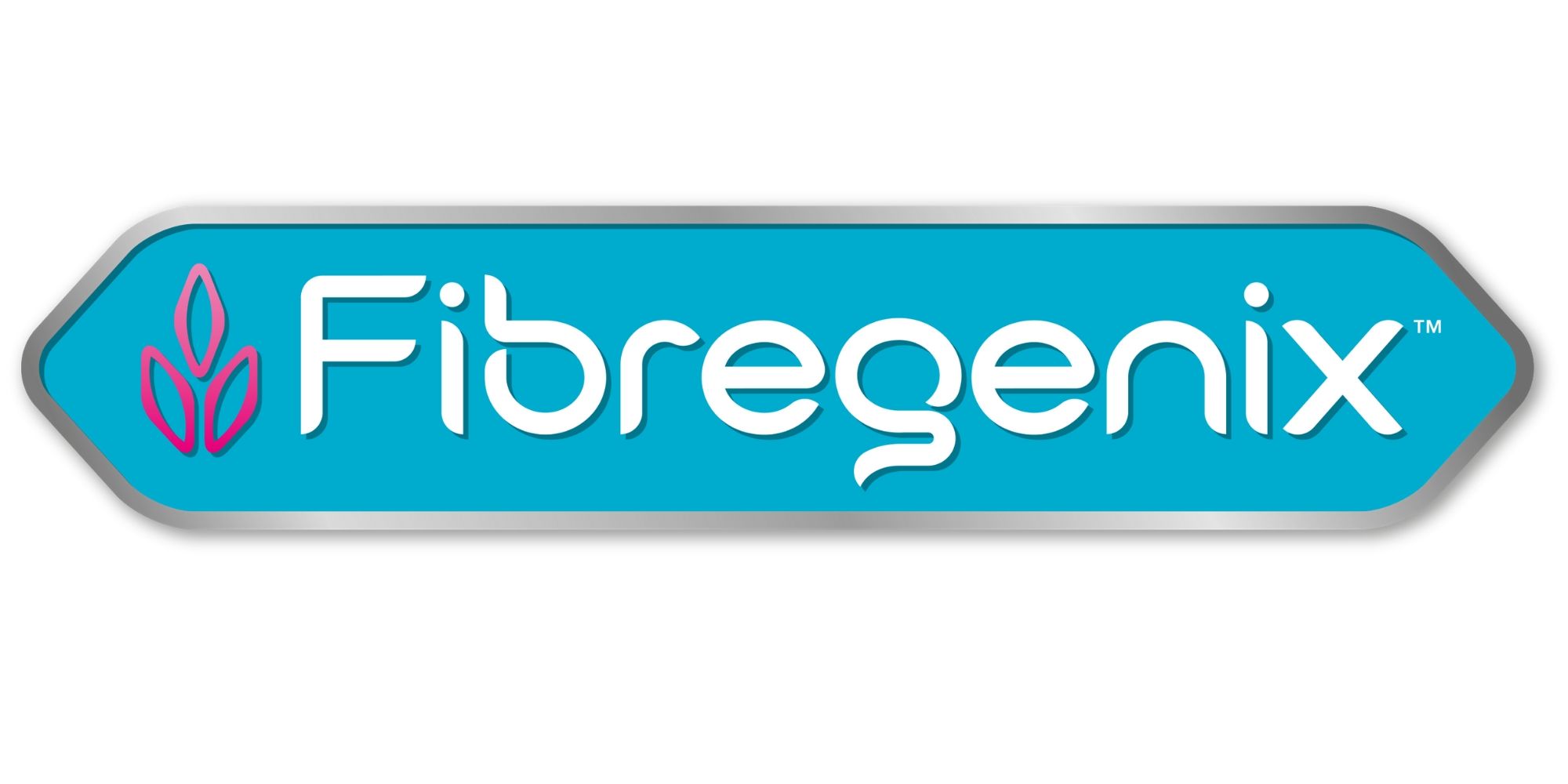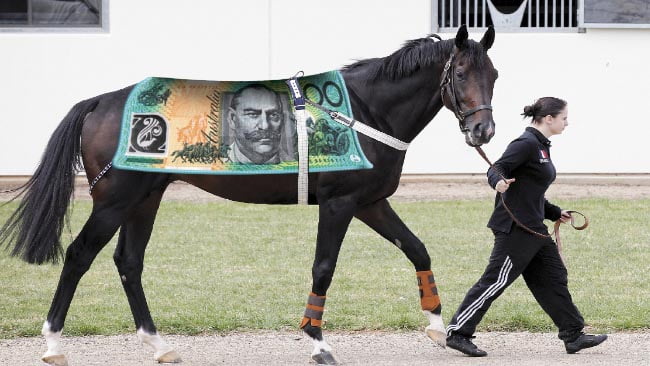Owning horses – How to Cut Cost not Care
Every year, prolonged drought conditions around Australia compounded with bushfires or floods, keep horse feed prices soaring. Owning horses is at an all-time high, leading to some tough choices. But with a little planning and tweaking, there are some ways to help reduce those spiralling costs. The key, of course, is to ensure you’re not compromising your horse’s health and welfare. So, here is a guide to help cut cost, not care when owning horses.
-
Agistment / location
If your horse is on agistment it’s one of your biggest expenses. Here are a couple of ways to consider saving on your bill.
- Review the facilities you’re paying for and check you need them all. If you’re paying for someone else to provide all or part of your horse’s day-to-day care, you could reduce costs if you did more yourself, even on a temporary basis.
- Look for suitable grass agistment or rent a paddock, which can be even cheaper if it’s shared. Just remember you’ll need to consider if this offers suitable facilities e.g. water supply, electricity, shelter, secure fencing, storage, the amount of grazing and the quality of the grass. Try and put in place a paddock maintenance programme which could help ensure you have adequate grazing all year round.
-
Feeding to cut cost, not care
Are you unnecessarily over-feeding your horse? Could he do better on less feed? Two important points to note here are:
- The vast majority of horses manage very well on a forage-based diet and a Fibregenix horse supplement balancer if necessary. (Check out our Fibregenix range) Your vet or nutritionist can advise whether your horse really needs additional feed depending on their nutritional requirements.
- Fortnightly weigh taping and body condition scoring (fat scoring) will help you monitor your horse’s weight fluctuations and prevent obesity. Horse weigh tapes aren’t completely accurate, but they do give an indication of the weight and are useful for monitoring. NOTE: Weigh tapes aren’t effective for donkeys so use a heart-girth measurement instead.
-
Bedding
We have a lot more choice these days when it comes to bedding. So do your research to find the best and most affordable options for you and your horse.
- Despite the initial outlay, rubber matting can help you get the most out of your bedding and reduce costs.
- Muck out wet and manure regularly to maximise your bedding and protect against ill health.
-
Horse share
Sharing your horse with someone else can reduce costs in all areas. However, there are two vital things to remember when considering horse share:
- Signing an agreement and setting expectations with a sharer is vital to ensure you’re both happy.
- Don’t agree to anything you aren’t comfortable or happy with. Best to get your agreement checked by a qualified legal advisor.
-
Working together to cut cost, not care
If you share a yard with other people, why not club together to save money and time? Consider these cost-cutting ideas:
- Many feed, forage and bedding suppliers offer reduced rates if they can deliver in bulk.
- Ask your vets, farriers and other professionals if they can reduce rates for group visits.
- Save fuel by sharing transport wherever you can, or consider if it’s safe and possible to walk or cycle to the yard.
- Share daily duties, e.g. one of you doing the morning duties and another doing the evenings. This will save time, money and fuel.
Owning Horses and Routine preventative health care
Prevention is always better than cure so there are some simple protocols to follow if you really want to cut cost, not care.
- Have the fundamentals in place and it should save costs associated with preventable disease later on.
- Discuss worming, dental checks and feeding routines with your vet to ensure you’re applying the most effective and economical regimes for your horse. Eg Getting faecal egg counts done can save on expensive worming strategies.
-
Farriery
- Don’t delay trimming and keep to a regular foot hygiene regime, even if your horse is unshod.
- Discuss shoeing options with your farrier. Depending on workload or health status, your horse may not need to have a full set of shoes. If there isn’t much wear on your horse’s shoes, your farrier can usually refit them.
-
Resist marketing and over-supplementing to cut cost, not care
Think carefully about what your horse really needs to keep him happy and healthy. Does he really need all those supplements? Is there some way you could consolidate these into one product? Take a look at a Fibregenix horse supplement balancer to see how it can save dollars in the long-term.
- Don’t overload on unnecessary supplements, rugs or equipment. Does your horse really need 20 plus rugs or the latest ‘matchy-matchy’ set? There’s plenty of good quality second-hand equipment out there.
- Look after your existing equipment so it lasts longer. Making sure you spend money on necessary equipment at the right time can save you money in the long term.
-
False economies
There are some things you just shouldn’t compromise on when owning horses. Short-term savings that may affect the quality of your horse’s care and welfare will just cause you more problems in the long term.
- Proper veterinary care: DO NOT be tempted to diagnose and treat conditions yourself. ALWAYS seek veterinary guidance if there’s a problem. Most vets can give you basic advice over the phone. Discuss disease prevention with your vet and yard owner to ensure suitable procedures are in place.
- Vaccinations: Lapsed vaccinations leave your horse vulnerable to disease.
- Regular hoof care: Taking shoes off to save money without consulting your farrier or vet could lead to lameness and additional expense.
- Worming and dental checks: These essentials can be reviewed, as outlined above – but not avoided. Getting faecal egg counts done can be an easy way to save on the cost of expensive wormers.
- Professional services: Don’t use a cheaper, unqualified person to do a professional’s job.
- Keep up with repairs to damaged property and equipment. These are vital to safeguard your horse’s safety and security and avoid unnecessary vet bills.
- Insurance: If you’re not insured against veterinary fees, you must be confident that you have enough money for an unexpected bill. Third-party liability cover is highly advisable for all horse owners, as claims for accident or injury to people have been known to run into millions of dollars.
-
Be realistic
Look ahead and budget effectively to meet your horse’s needs. Remember, horse care costs can increase in the dry months when there’s no grazing and you have to start paying for hay. So be prepared for this if taking a horse on in the winter when there’s usually more green pick available. Ideally, put a little money away every month or when you can, so you’re prepared if an unforeseen circumstance arises. Not having a contingency plan can greatly reduce the options available to you once the problem has become too overwhelming to ignore.
Reviewed and amended Feb 2022

